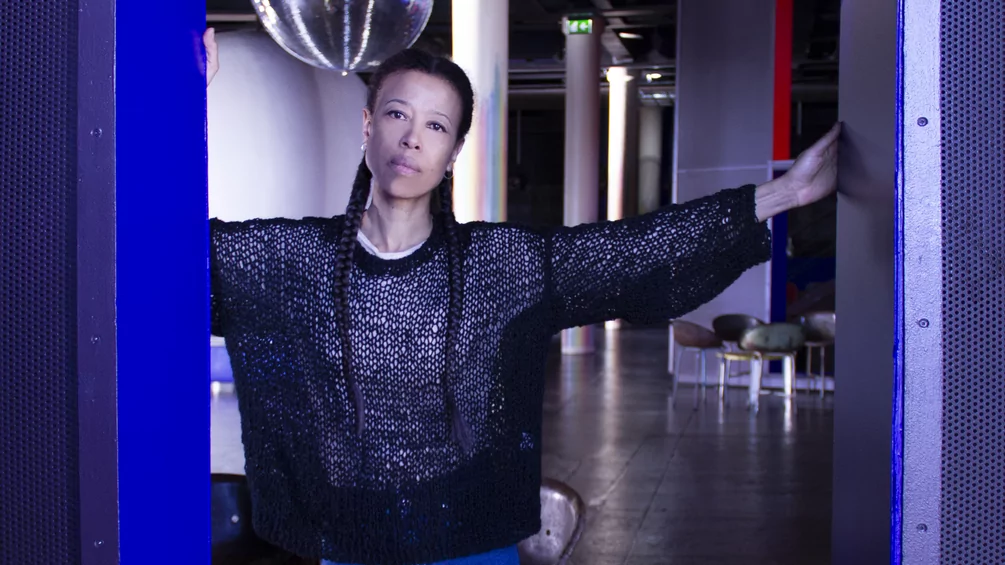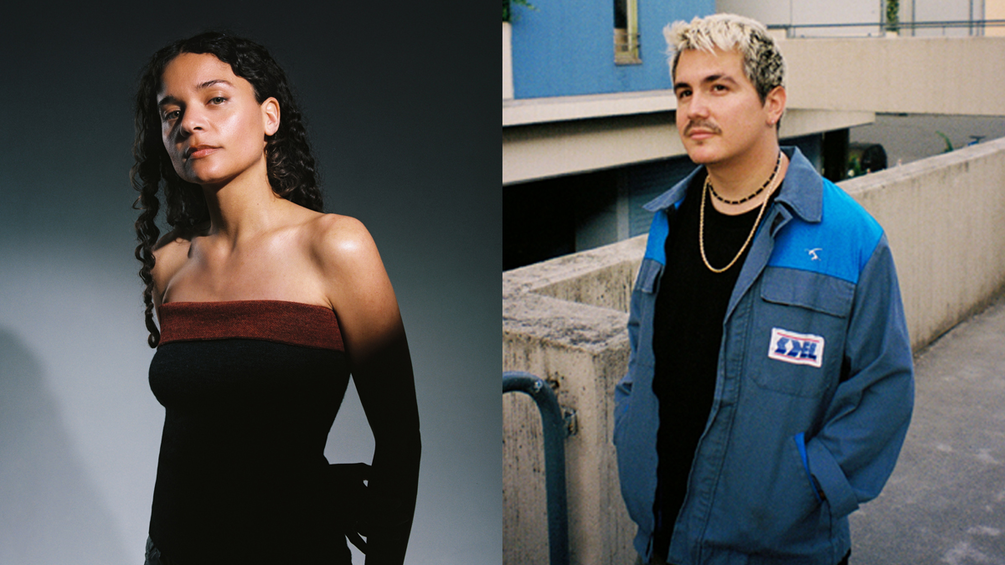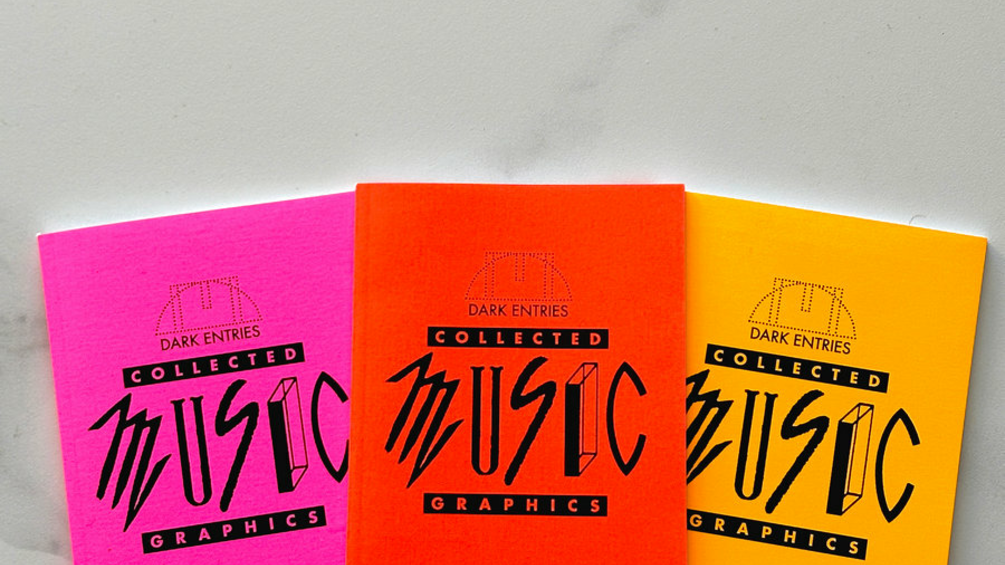
On Cue: Yen Sung, Lisbon’s dancefloor lodestar
Sung spent her early childhood in Beira, Mozambique, and remembers the parties her parents would throw at home, which would sometimes go on for two days. “Lots of people arriving and bringing drinks, I always knew when there was gonna be a party,” she recalls. Her father’s records gave her a musical grounding: soul greats like Roberta Flack as well as Brazilian MPB icons such as Martinho da Vila and plenty of marrabenta, the staple dance music style from Mozambique that originated in Maputo in the late 1930s and became popular during the 1960s.
Shortly after the Portuguese dictatorship ended in 1974 and Mozambique subsequently gained independence, her family relocated to Lisbon. She was seven years old and describes the transition from life in Mozambique to her new home as difficult. “My family is very mixed and multi-cultural; I have a Chinese grandfather, a Portuguese grandfather, and my grandmothers are African. So when I arrived here, I realised that there are these things called racists that hadn’t existed for me before … However, you learn to adapt but keep your core. Because it’s very important to know who you are, and show the real you.”
Maintaining a strong sense of identity is integral to Yen Sung’s craft. In the early ‘90s, she forged an initial career as a hip-hop DJ, and joined Lisbon rap crew Da Weasel as a backup vocalist. Later she rolled out her lauded Chocolate City hip-hop nights when “no clubs would play a straight hip-hop set”, though she did have to swat away purists who criticised her for being into both house and hip-hop. “People around me were very judgmental,” she recalls.
Sung has always been furiously driven and self-motivated; auspiciously planting your flag in a white male-dominated landscape takes some perseverance. “I went to ask the late Lux and Frágil owner Manuel Reis for a job [in Frágil] and he said, ‘Are you interested in DJing? here’. I was very nervous but I did my homework. I went to the club, chose the records. I did a line-up of the records. Someone showed me how to work with the turntables and the mixer and I had to remember every step. He showed me once. They were a picky crowd too but people loved it and after three tries, I was hired… It wasn’t easy sometimes to be around just men all the time. I was a kid, about 20 years old… Nowadays, there are more women so we feel more supported,” she adds.





